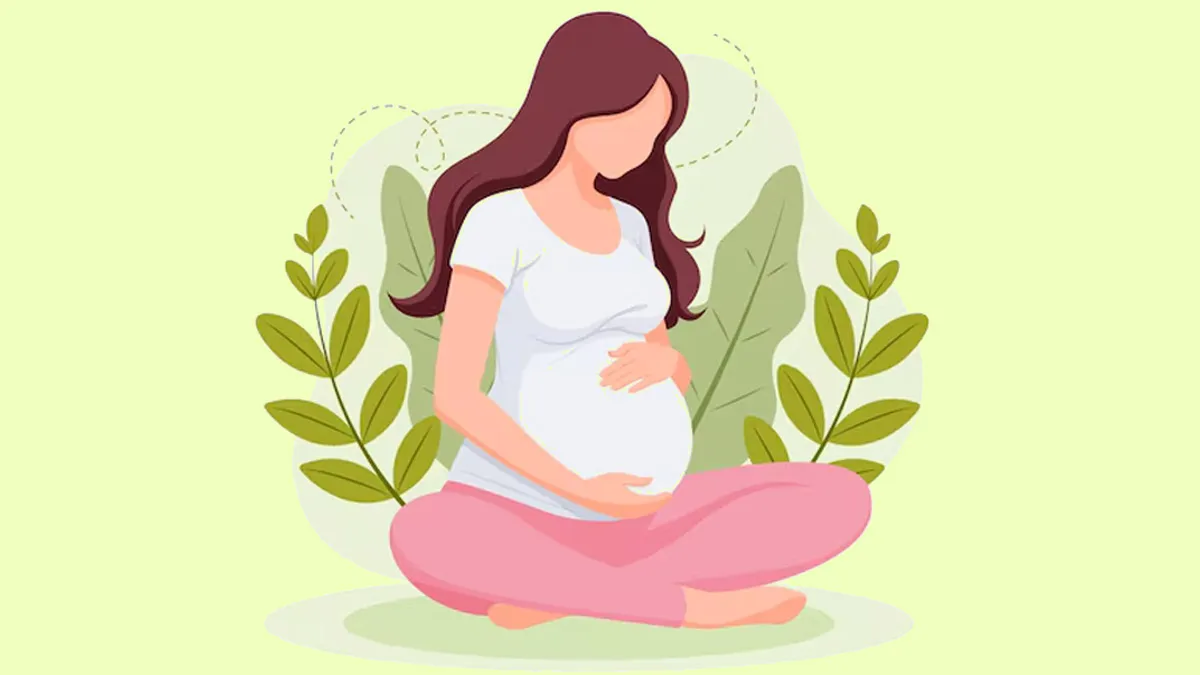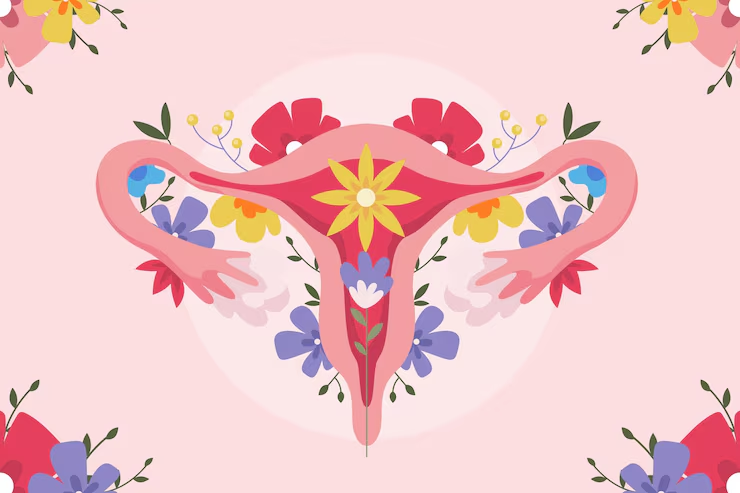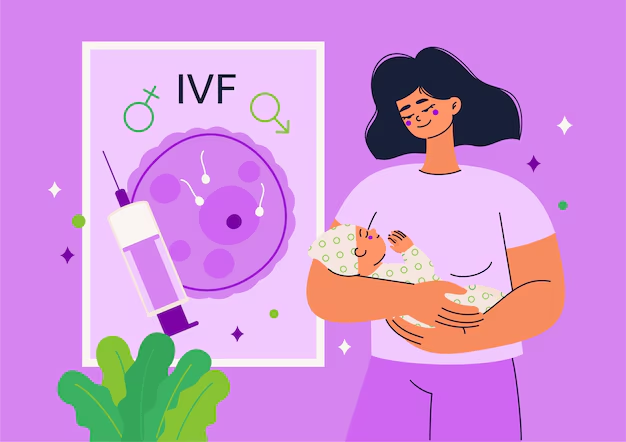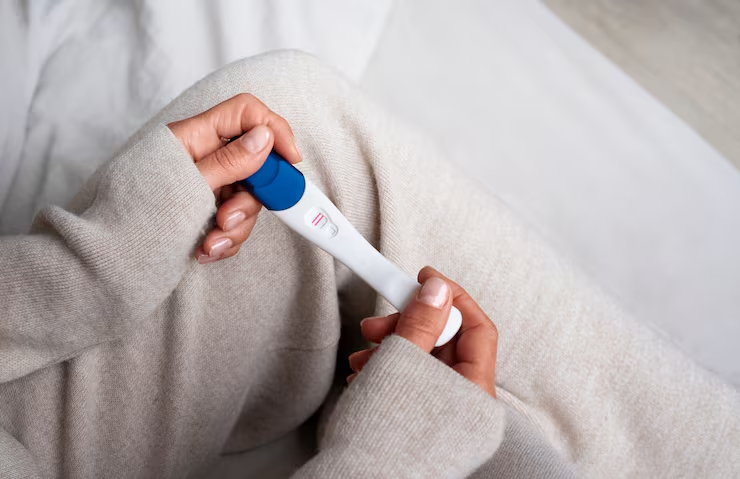
Effects of Delayed Pregnancy On Fertility: Delaying pregnancy is increasingly common in modern society, but the biological clock still plays a significant role in fertility. In today’s world, more women are choosing to delay motherhood for personal or professional reasons. While this decision offers flexibility, experts warn that it also brings unique challenges to fertility and pregnancy outcomes. We connected with Dr Sheetal Jindal, MBBS, MD OBG, EPHM (IIM Kolkata) Senior consultant and medical director (Director Medical Genetics program_Jindal Ivf Chandigarh), for the expert insights in understanding the impact of later pregnancies is essential for making informed choices:
Sheetal Jindal explains, “Women are born with a limited number of eggs and both the number and the health of those eggs begin to fall rapidly after 30 years of age, with an even steeper drop after 35. This loss in quantity and quality reduces the chance of conceiving naturally and also raises the risk of chromosomal abnormalities, miscarriages and other pregnancy complications.”

After 35, this drop accelerates, lowering the chances of conception. Eggs are also more likely to carry chromosomal abnormalities, which can impact embryo development.
Late pregnancies are linked to increased risks of miscarriages and chromosomal abnormalities such as Down syndrome. As eggs age, errors during cell division become more common, raising the risk of failed pregnancies or complications during foetal development.
Sheetal Jindal highlights, “Loss in quantity and quality of eggs reduces the chance of conceiving naturally and also raises the risk of chromosomal abnormalities, miscarriages and other pregnancy complications. Assisted reproductive technologies can help many couples conceive yet their effectiveness depends heavily on a woman’s age and remaining ovarian reserve, so starting treatment later often leads to less favourable results.”
While assisted reproductive technologies (ART), such as IVF, can help many couples, their success rates decline as a woman grows older. The outcome depends heavily on egg quality and ovarian reserve.

In many cases, when reserve is too low, the use of donor eggs becomes the only effective option.
Don't Miss: Signs Your Vaginal pH Balance Is Off: Symptoms Women Shouldn’t Ignore
Conceiving at a later reproductive age also comes with added health risks for women. Hypertension, gestational diabetes and delivery-related complications are more common. These conditions not only affect maternal health but can also impact foetal growth and wellbeing, making close medical supervision essential.
Don't Miss: Debunking 5 Common Myths Around Contraception: Expert Weighs In
Options such as egg freezing give women a chance to preserve their fertility potential at a younger biological age. Sheetal Jindal shares, “Options for preserving fertility, including egg freezing, offer a practical way to protect reproductive potential at a younger biological stage for those who wish to postpone parenthood.”

Timely evaluation and counselling are crucial to help couples make informed decisions. Delaying conception for too long without assessment may cause irreversible losses in ovarian reserve, leaving limited options later.
Late pregnancy brings a mix of challenges that cannot be ignored. Greater awareness in society can ensure women make confident and informed decisions about their reproductive journeys.
For more such stories, stay tuned to HerZindagi.
Image credit: Freepik
Also watch this video
Herzindagi video
Our aim is to provide accurate, safe and expert verified information through our articles and social media handles. The remedies, advice and tips mentioned here are for general information only. Please consult your expert before trying any kind of health, beauty, life hacks or astrology related tips. For any feedback or complaint, contact us at compliant_gro@jagrannewmedia.com.